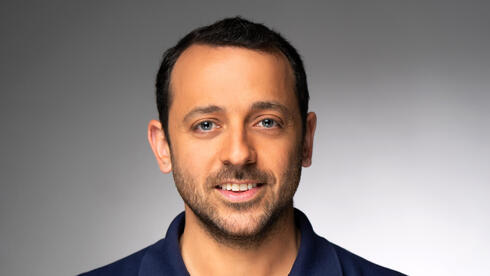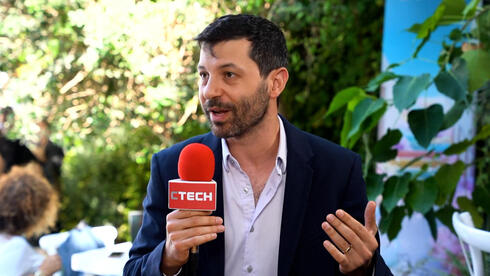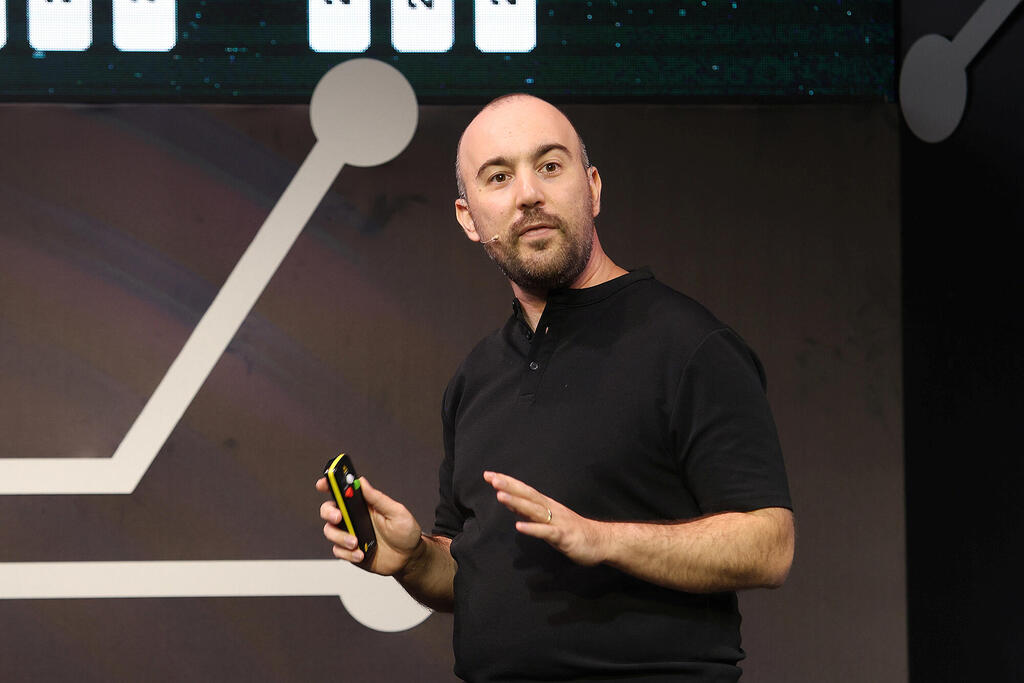
AI Conference
"The AI race is wide open and Israel must be at the forefront"
AI expert Uri Eliabayev told the Calcalist AI Conference that artificial intelligence has become a strategic asset, reshaping global power struggles.
"In some cases, Israel is failing to close the gap with other countries in the AI race. We are lagging behind, mainly because investment in Israel is not keeping pace with global levels. We have a tremendous opportunity to change that," said Uri Eliabayev, an AI expert and advisor to organizations, companies, and governments, speaking at Calcalist's AI Conference held in collaboration with Vultr.
"In international rankings, until a few years ago, we were in fifth place, but now we have dropped to ninth, which is very unfortunate. Still, this race is wide open. All countries are pushing forward, and we must be at the forefront. We have tremendous potential: researchers, companies, and an excellent position. But we must not rest," he said.
Eliabayev described how global superpowers have approached artificial intelligence. "When ChatGPT was released, it became clear that it was going to change reality, and many countries realized it could shift the balance of power. We saw familiar Western models emerge: Anthropic’s Claude, Israel’s AI21 Labs, and Midjourney, which broke new ground in images. We also saw the West take a lead in open source. Suddenly, Western players were making major moves, and some countries felt they were falling behind."
"This marked the opening shot of a new geopolitical arms race. Until now, we saw countries focusing on communications, space, and satellites. Suddenly, AI became a strategic part of many national doctrines," he added.
China, once behind, began closing the gap. "Chinese players not only caught up in text models but also in images and video. Perhaps the most striking case was DeepSeek, a hedge fund with vast GPU resources for stock market predictions. Less than a year ago, it shocked the West by announcing it had achieved similar results for less money and greater efficiency, and intended to release them as open source. That was a turning point," Eliabayev said.
In the Middle East, the United Arab Emirates launched a homegrown language model and even established a university dedicated entirely to artificial intelligence. G42 secured a $5 billion investment from Microsoft, its largest ever. The UAE appointed a minister for AI, while Saudi Arabia followed with a $40 billion fund, building one of the most powerful computers in the region and ranking first globally for its government AI strategy, ahead of both China and the U.S.
Iran, too, has been active. "Iran is developing new weapons using artificial intelligence and smuggles computer parts on the black market to build supercomputers. This shows how central AI has become. In the recent conflict, instead of targeting Iran's nuclear scientists, we started targeting AI scientists," Eliabayev said.















